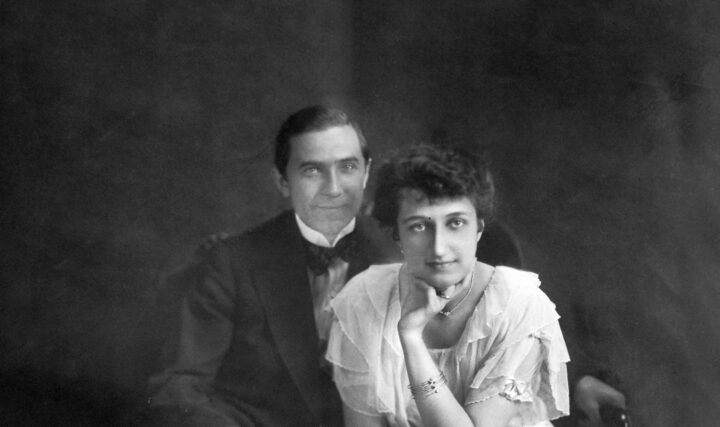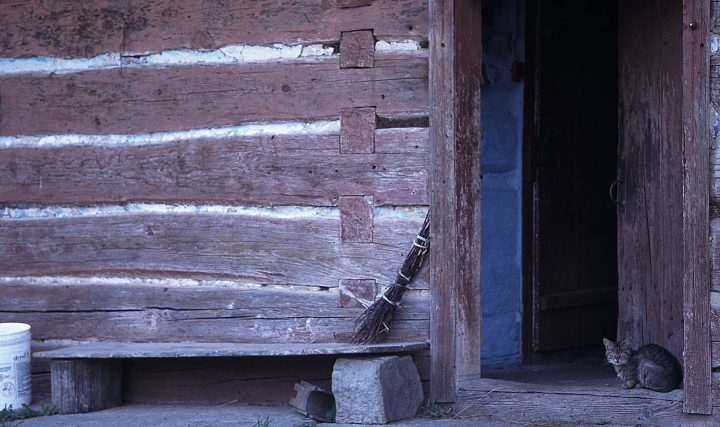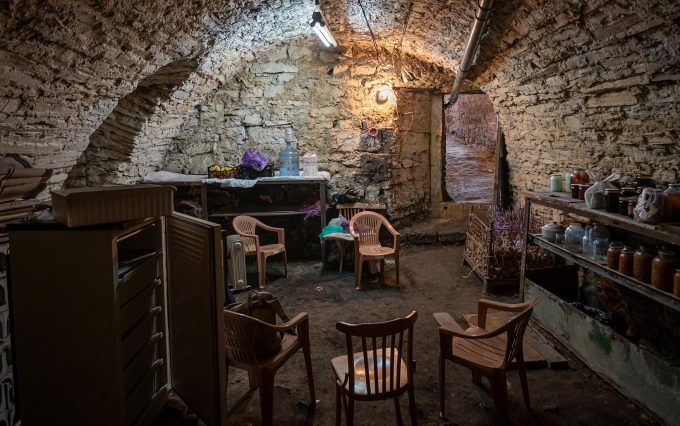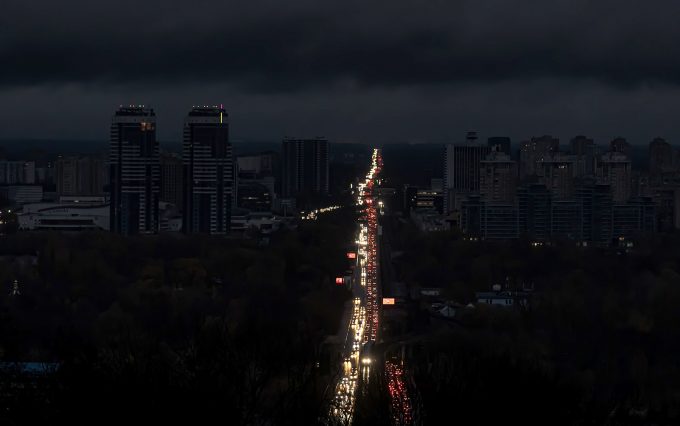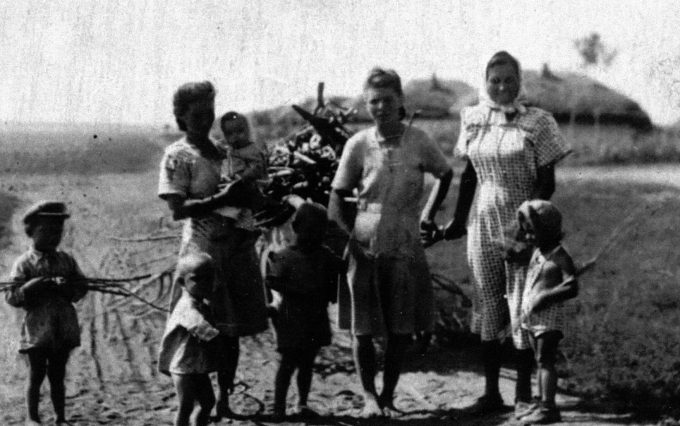In this advice to a young poem, the speaker praises the resilience and healing qualities of mysterious, elusive, and almost shapeless poetry.
Hungarian writer György Ferdinandy, who fled Hungary after 1956, reflects on a love story in this short essay translated by Márton Mészáros.
In this poem by Ukrainian poet Iya Kiva, a “refugee-person” offers a self-definition that is as violent and sorrowful, as it is defiant and elusive.
An interview with US author, activist, and spiritual thought leader Marianne Williamson on politics and spirituality today in the US.
Hungarian writer Andrea Tompa reflects on how all faiths simultaneously desire embodiment, in an essay translated by Bernard Adams.
János Háy asks, why write for foreign readers about Sándor Petőfi, a great poet of a tiny linguistic community, a deceased colleague, a revolutionary?
At Lăteşti Camp, a new arrival, Arinca, develops a reputation for her stormy love life, frequent escapes, and ability to find bodies.
“So, when I write, I should / keep your commandment—but how?” a poem by Hungarian poet Zsófia Balla, in Anna Bentley’s translation.

